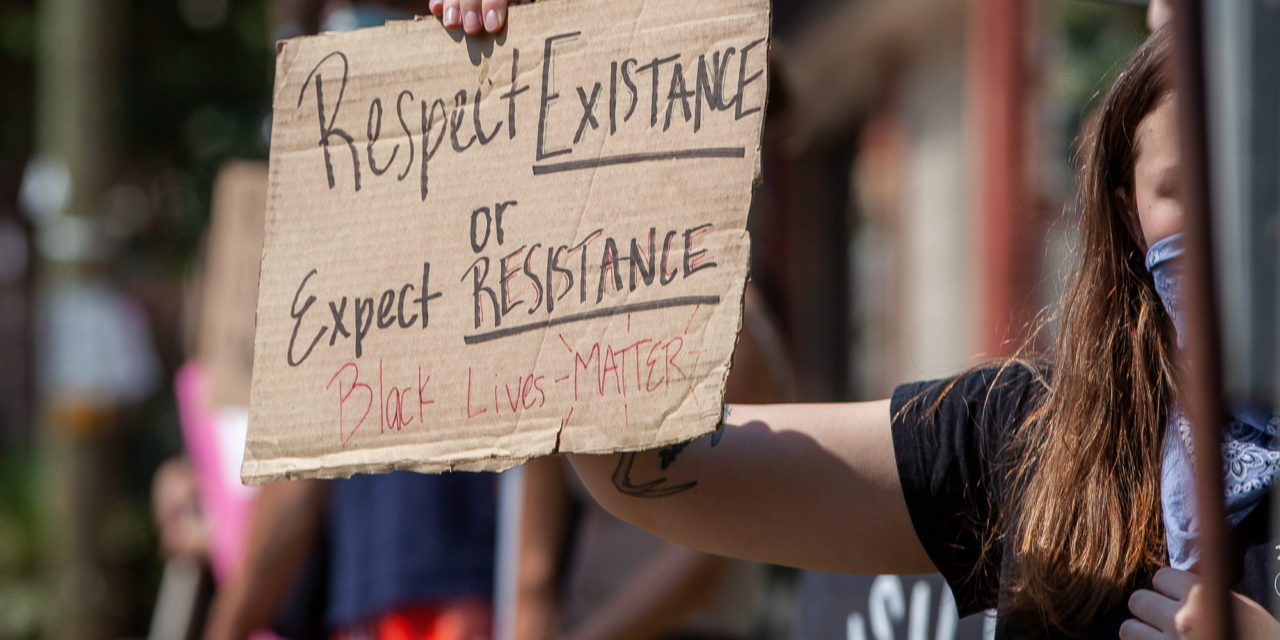At their town council meeting last week, Carrboro Mayor Lydia Lavelle and Council Member Barbara Foushee presented a reparations resolution for the council to approve.
97.9 The Hill’s Aaron Keck spoke with Carrboro Mayor Lydia Lavelle about the legacy of slavery nationally, and how the town of Carrboro is working to change the course of history locally.
“Essentially, it starts out explaining and acknowledging how unjustly Black people have been treated and it goes into systemic racism,” Lavelle said. “Then we affirm the dignity and humanity of each of our residents and our commitment in working to eliminate racial bias and racial disparity.”
The resolution states that the Town of Carrboro is committed to eliminating racial bias, racial disparity and creating a more just and equitable world. The town drew inspiration from other cities such as Asheville, Chicago and Durham in the drafting of its own resolution.
“Then we had several resolved paragraphs most initially apologizing and making amends for our participation in the enslavement of Black people and acknowledging that, even though Carrboro itself didn’t exist then, you know there were slaves all over North Carolina – and for unjustly empowering white supremacists,” Lavelle said.
Within the resolution, the town resolves that it will apologize and make amends for Carrboro’s participation and sanctioning of the Enslavement of Black People – as well as its enforcement of segregation and accompanying discriminatory practices. Lavelle said some of these amends will be influenced by the creation a new town commission.
“We’re going to establish within a year a racial equity commission that will make recommendations – short-term, medium and long-term recommendations – about how we can make progress toward repairing the damage that we have from this racism,” Lavelle said.
In addition to the racial equity commission, the resolution directs the Town Manager to give a bi-annual update on the progress of reparations work performed to hold all parties accountable.
“Then we called on the state of North Carolina to begin policy making,” Lavelle said. “We’d like the state of North Carolina to enact a program to allocate funding of some sort to work toward aspects of reparations and then we also want the federal government to work toward several specific polices that would directly help descendants of enslaved Africans.”
Some of these programs and policies called for include a program to provide reparations to the descendants of enslaved Africans Americans to eliminate the racial wealth gap, a program to provide universal basic income to all citizens to meet each person’s basic needs and a program to provide a guaranteed federal or federally funded living-wage job to all citizens.
Upon completion of the town council’s final edits, a copy of this resolution and it’s demands for policy change will be sent to North Carolina lawmakers.
For more information on the Town of Carrboro’s reparations resolution, or to see what else was discussed at their council meeting, click here.
Hear more of Aaron Keck’s conversation with Carrboro Mayor Lydia Lavelle, here.
Chapelboro.com does not charge subscription fees. You can support local journalism and our mission to serve the community. Contribute today – every single dollar matters.
Related Stories
‹
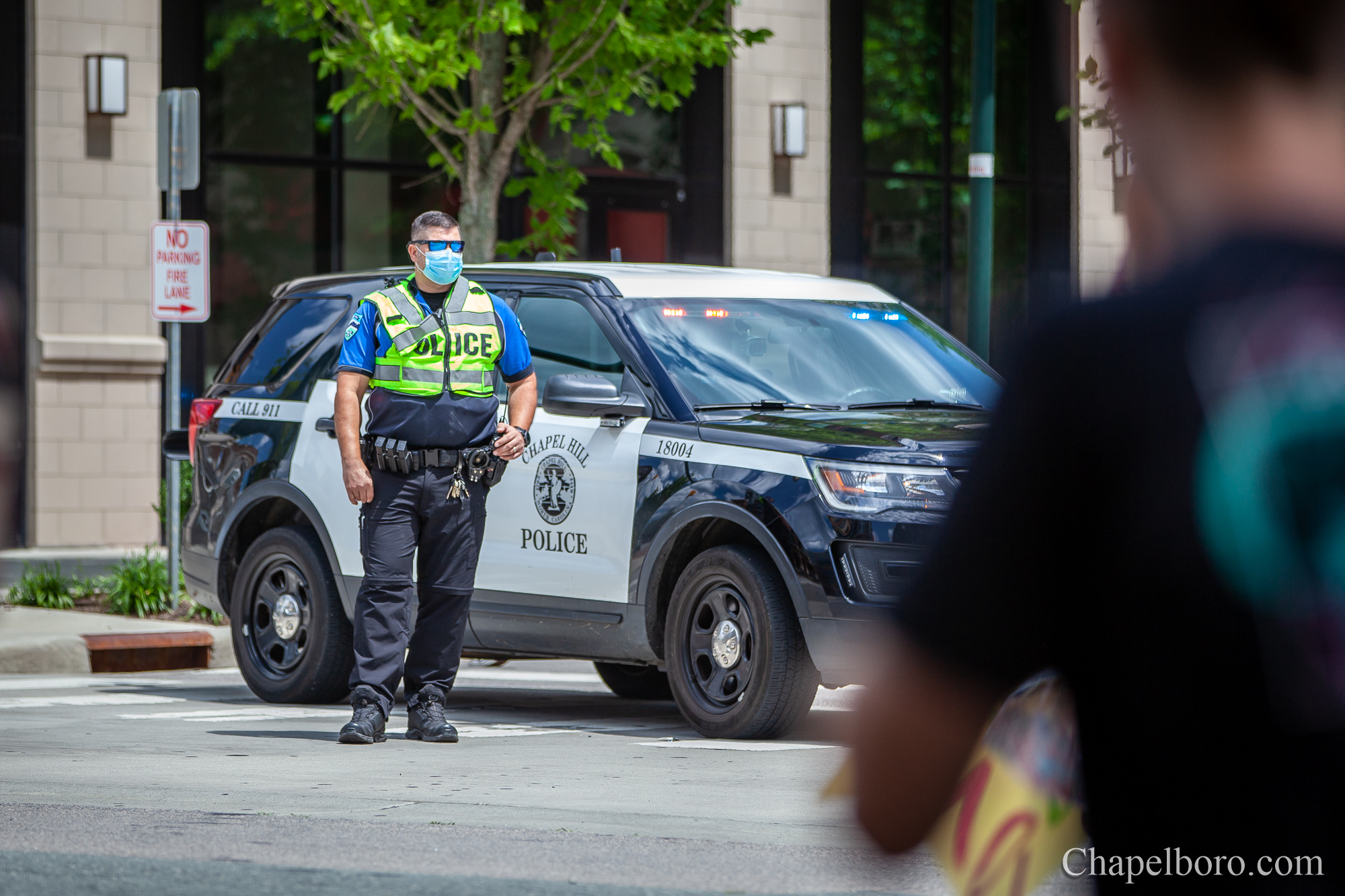
Chapel Hill Seeking Public Input in Selecting New Police ChiefThe Town of Chapel Hill is providing residents the opportunity to give feedback and guide its search for the next Chapel Hill Police Chief. After Chief Chris Blue announced his intention to retire, the police department started seeking a replacement. To help, the town government recently released a short survey where residents can share their […]
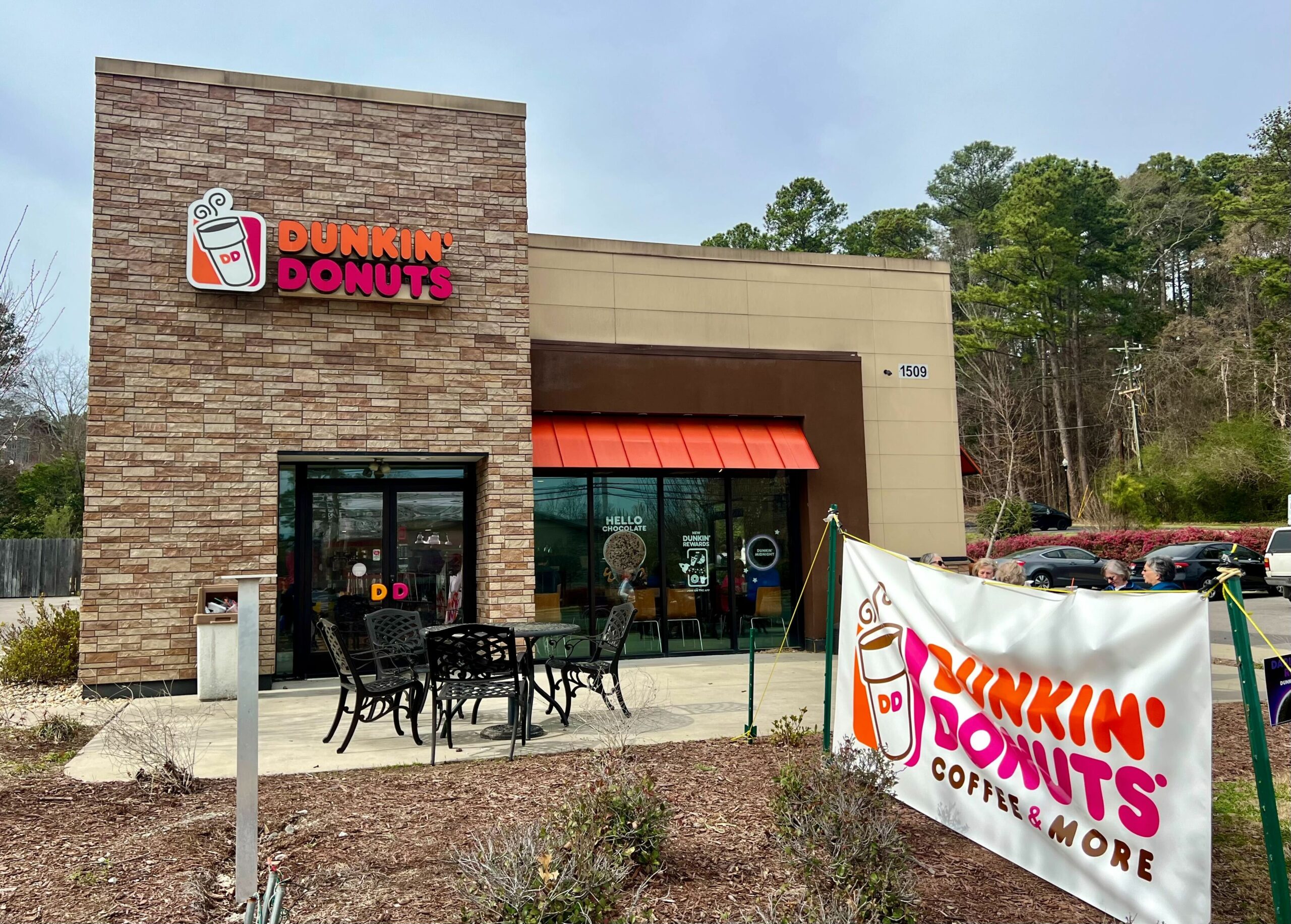
Chapel Hill Dunkin’ Approved for Drive-Thru WindowAt the March 22 Chapel Hill Town Council Meeting, council members unanimously approved the motion to allow Dunkin’ to establish a drive-thru window at their location.

'How Are We Engaging in Schools?' Orange County Shares Survey ResultsIn its first meeting of the year, the Orange County Schools Board of Education discussed results from a survey that aimed to better understand issues facing parents and students.
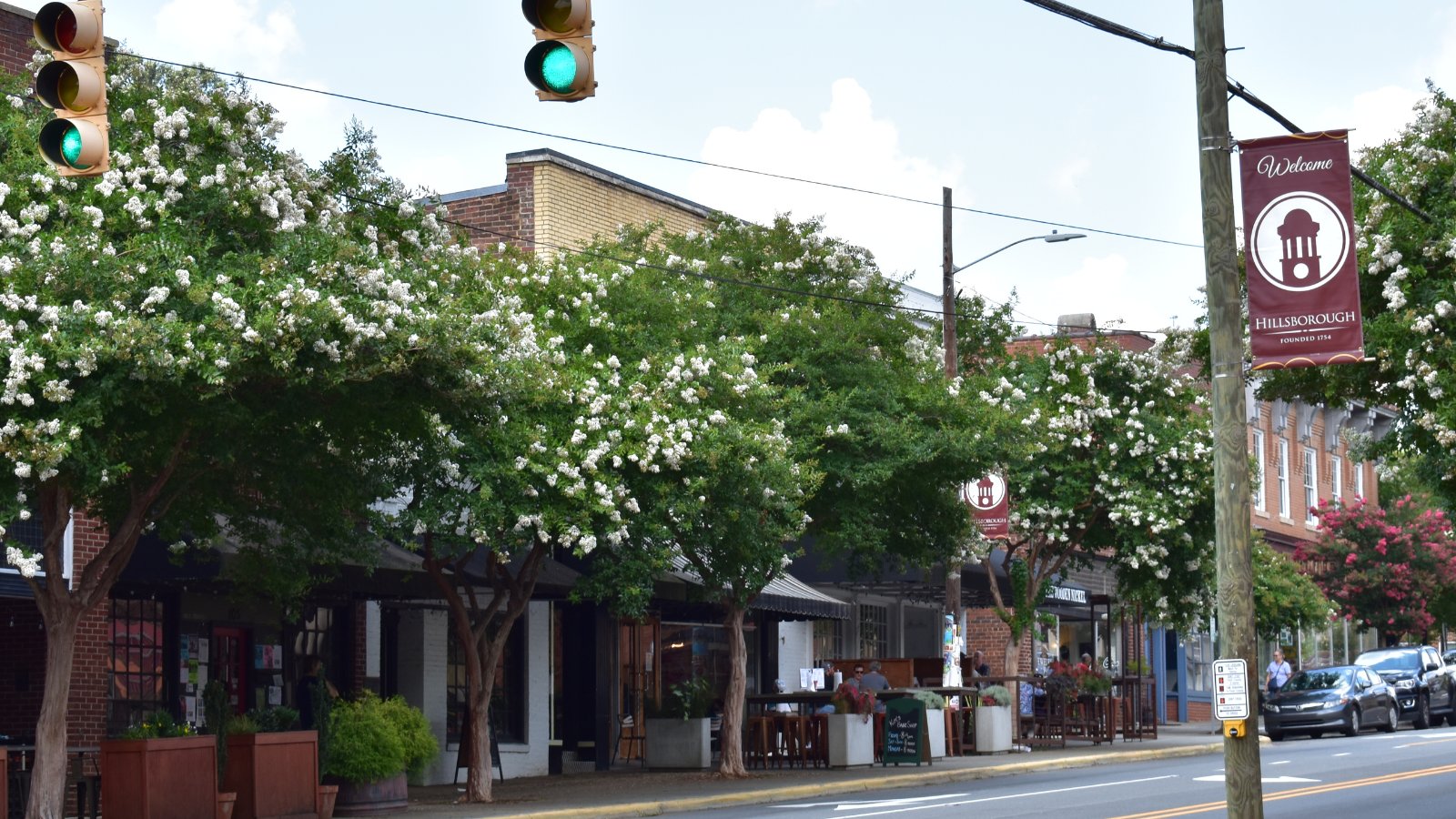
Hillsborough and Carrboro Win Resident Satisfaction AwardsThe Towns of Hillsborough and Carrboro have been recognized for outstanding resident satisfaction. The two towns were among 18 communities nationwide which received the ETC Institute’s “Leading the Way” Award. The award “was created to recognize local governments for outstanding achievement in the delivery of services to residents,” and has been given out annually since […]
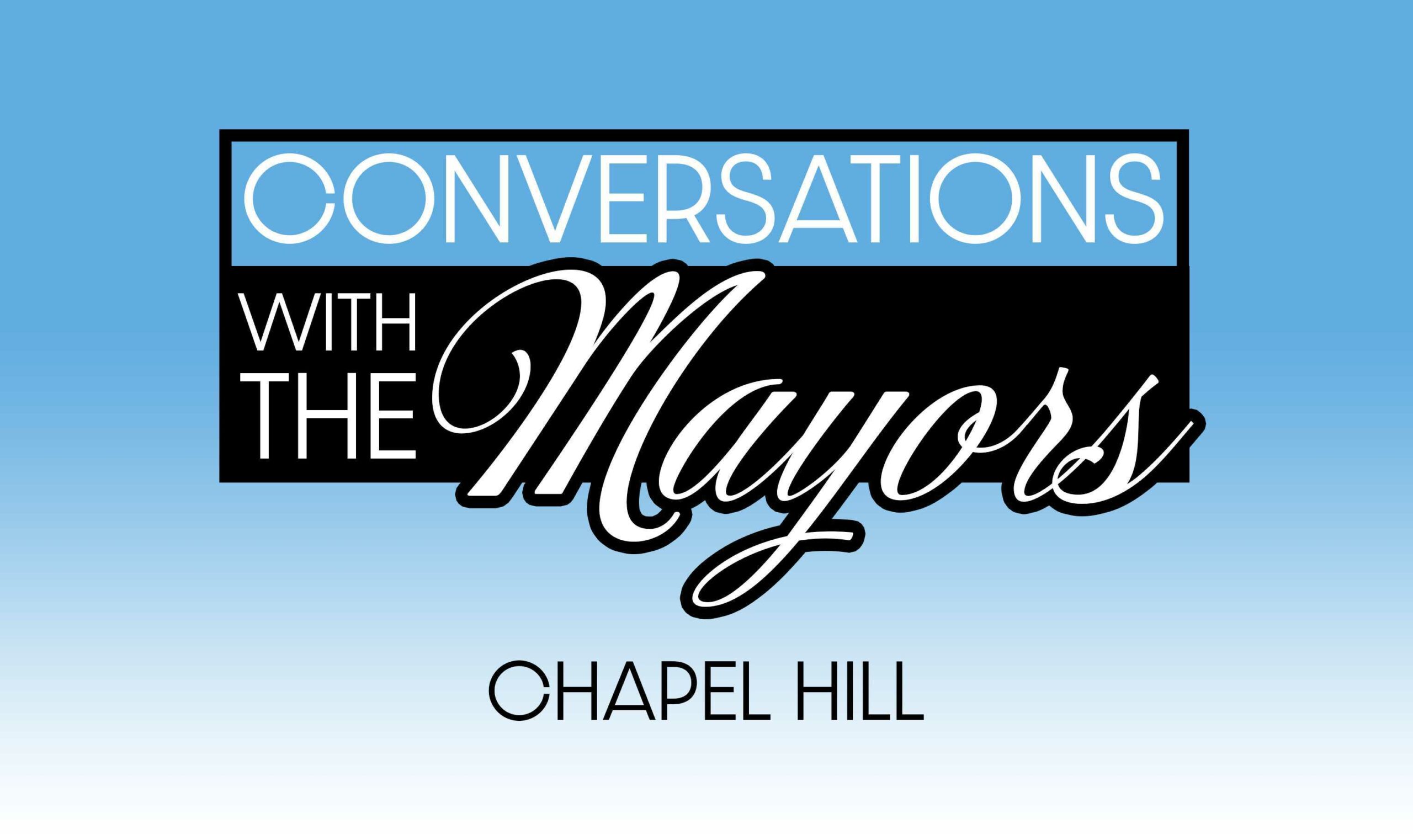
Conversations with the Mayors: Chapel Hill Non-Profit Partnerships, Town Council MeetingsPam Hemminger spoke with Brighton McConnell on Thursday, June 16th to discuss non-profit partnerships, town council meetings, and more.
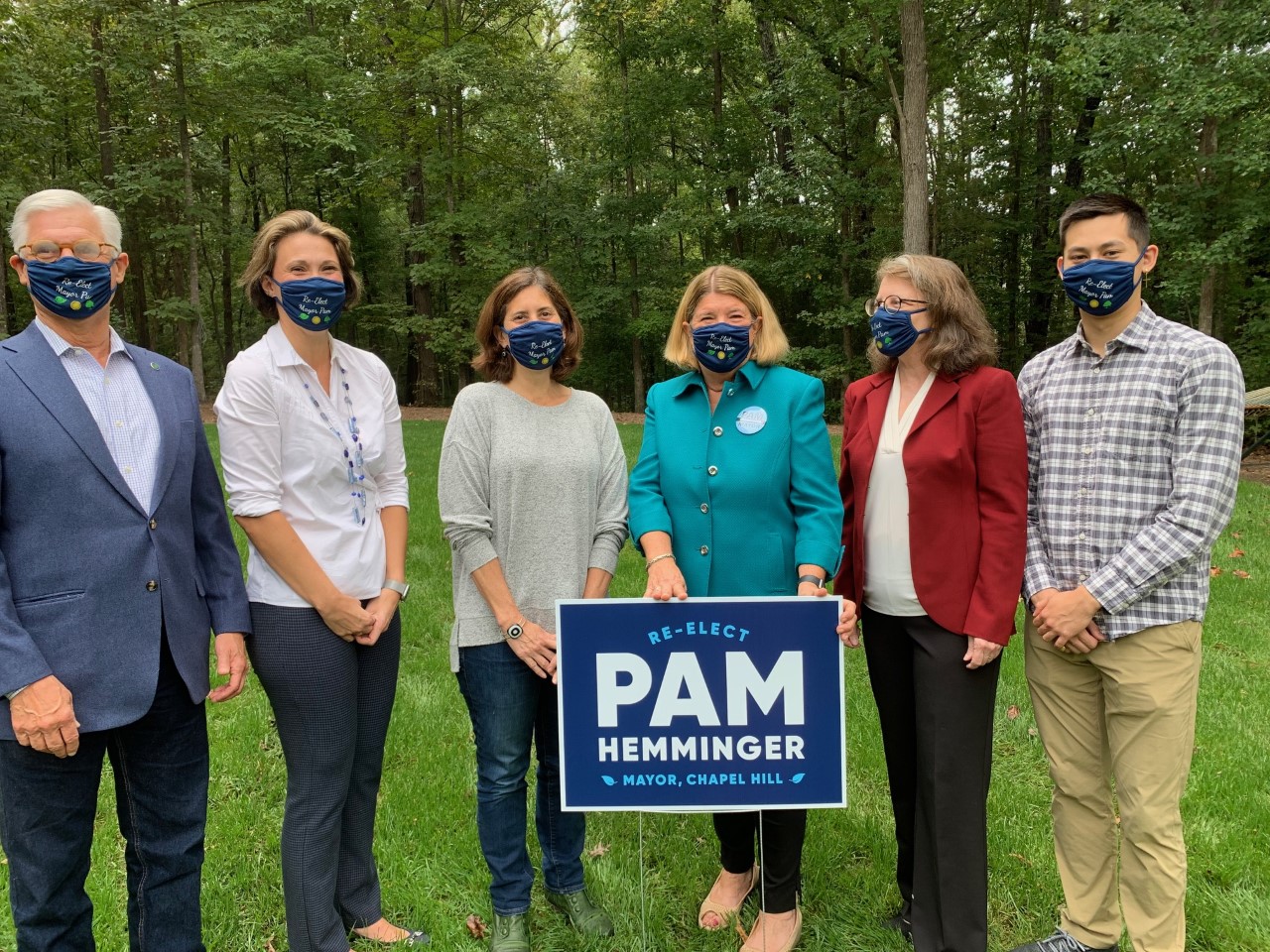
Five Chapel Hill Town Council Members Endorse Incumbent Mayor for Re-ElectionFive sitting members of the Chapel Hill Town Council have publicly endorsed Mayor Pam Hemminger for re-election. Hemminger is running against current town council member Hongbin Gu and UNC law student Zachary Boyce for the lone mayoral seat. Mayor Pro Tem Michael Parker and council members Jess Anderson, Tai Huynh, Amy Ryan, and Karen Stegman […]
![]()
Virus’ Impact: More Relaxing and Thinking, Less SocializingWritten by AMY DiPIERRO The eruption of COVID-19 last year caused the proportion of people working from home in the U.S. to nearly double, with the shift most pronounced among college graduates and workers in such fields as finance and professional services. The share of employed people working from home shot up from just 22% […]

RDU: COVID Vaccine Promotes Travel Confidence, Helps Industry RecoveryAs the COVID-19 vaccine becomes more widely distributed across North Carolina, some travelers are ready to take to the skies again.
![]()
Orange County Residents Urged to Take Pandemic Recovery SurveyOrange County Government is asking residents to participate in an online survey that will help determine potential strategies for recovering from the pandemic. Community members are asked to take the 10-minute survey before it closes on Friday, December 11. The Orange County Long-Term Recovery Group has identified potential strategies for recovering from COVID-19. The survey asks participants to rate each […]
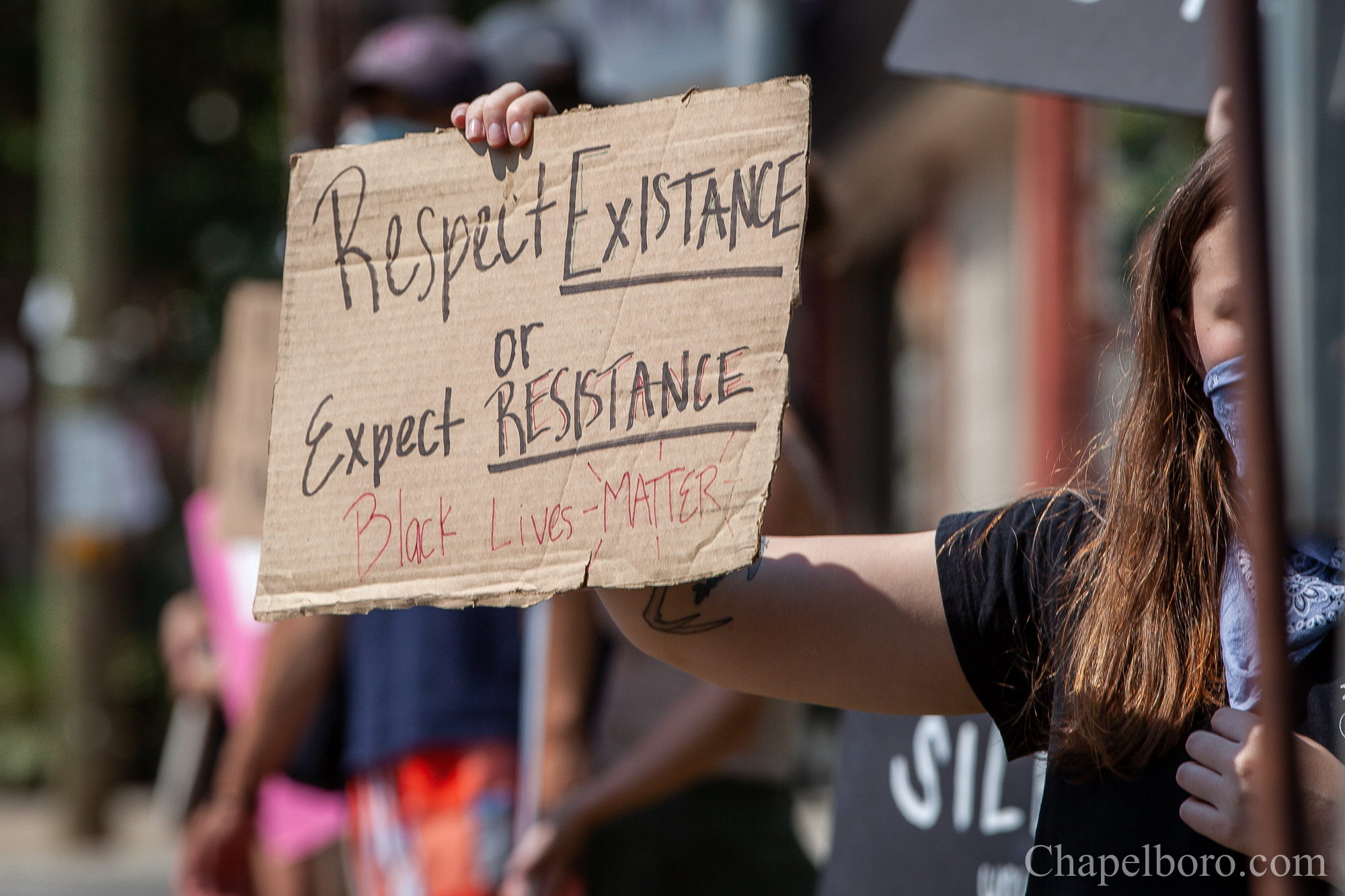
Town of Carrboro Calls for Reparations, Condemns History of RacismAt their town council meeting last week, Carrboro Mayor Lydia Lavelle and Council Member Barbara Foushee presented a reparations resolution for the council to approve. 97.9 The Hill’s Aaron Keck spoke with Carrboro Mayor Lydia Lavelle about the legacy of slavery nationally, and how the town of Carrboro is working to change the course of […]
›

